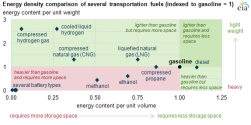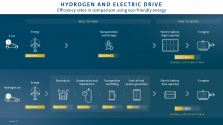supercat
Colonel
Foreign investment grew 8% last year in U.S. dollar terms. Investment from EU increased a whopping 92.2%, indicating that EU will not decouple from China anytime soon, as the U.S. wishes.
China now has 78 of the world's 500 most valuable brands, second only to the U.S.
China's actual use of foreign capital hit more than 1.23 trillion yuan in 2022, up 6.3 percent year-on-year, the Ministry of Commerce said on Wednesday.
In US dollar terms, the amount was 189.13 billion, increasing 8 percent on a yearly basis.
Foreign investment from South Korea, Germany and UK surged significantly with an increase of 64.2 percent, 52.9 percent and 40.7 percent respectively, while the investment from the EU, members under China-proposed Belt and Road Initiative and ASEAN increased by 92.2 percent, 17.2 percent and 8.2 percent respectively.
China now has 78 of the world's 500 most valuable brands, second only to the U.S.
Last edited:


